In Ascot there are just under 2,800 leasehold properties and all of these will have varying lengths of leases depending on when they were built, and there is much debate on when to worry about the length of a lease if you’re buying. If you were looking to buy a flat in Ascot today, for example, there are over 135 leasehold properties to choose from… so it’s vital you’re clued up!
• Well, first of all – what is a leasehold property and why is lease length relevant?
When a leasehold property is built (usually a flat) it will come with either a 999, 125, or a 99-year lease in most cases. And as a “Leaseholder” you will generally have a ground rent to pay to the Freeholder. This is an annual charge to the Freeholder of approx. 0.1% of the property value – as a broad generalisation... We will get to the minefield that is ground rents on another blog!
Each year, the number of years on the lease decreases – to put it simply, if you bought a flat with 125-year lease in January 2020, and sold it in January 2025, you would be selling a flat with a 120 years remaining on the lease.
If you were to (somehow) own that flat for the whole 125 years without extending the lease – then by the 126th year, that property is now owned by the Freeholder. Sounds scary, but in reality, a leaseholder will extend the lease length of the property at some point to make sure it doesn’t get too close to expiring.
• So how close is “too close” to a lease expiring and why is this an issue?
After a certain point, mortgage lenders are less keen to lend on a property when the lease length is too low in case the lease runs out during the term of their lending on the property. An all-too-common misconception is that anything under 100 years is too risky to buy! When in reality, up to 70 years remaining on the lease is acceptable for over 20 mainstream lenders with no unusual deposit requirements i.e. minimum of 5% for First Time Buyers and 25% for Buy To Let mortgages. * Luckily for those searching in Ascot and surrounding villages, out of the 2,800 leasehold properties that exist, only 267 of these have a lease less than 70 years.
There are even some happy to lend as low as 55 years on slightly more specialised terms! Although with only 100 or so of these available… chances are you won’t come across these if you’re buying in SL5.
• So why do people shy away from “shorter” lease lengths?
In short, whoever buys the property with a lease as it approaches the 70-year mark, will need to factor in the cost of extending the lease which isn’t cheap. It tends to range from £5,000 to £15,000 and there are two main options; request the person selling the property extend the lease at the same time as you’re purchasing, or, extend the lease yourself once you have completed (although you’ll need to own if for a minimum of 2 years). Either which way, it’s going to take the best part of 3 to 4 months to complete a lease extension with various solicitors etc involved.
If speed of purchase is your motive, go with Plan B. In any case, the potential cost of extending the lease is going to be factored into the price (or negotiating room!) of the property, so no one is going to be out of pocket either way.
If your mortgage lender is happy, go with it – they are normally the hardest people to please!
Feeling more confident about leaseholds now? Click here to check out some our properties
*Information sourced from Partners Financial Services. All mortgages are subject to lending criteria at the time of application.







Share this with
Email
Facebook
Messenger
Twitter
Pinterest
LinkedIn
Copy this link